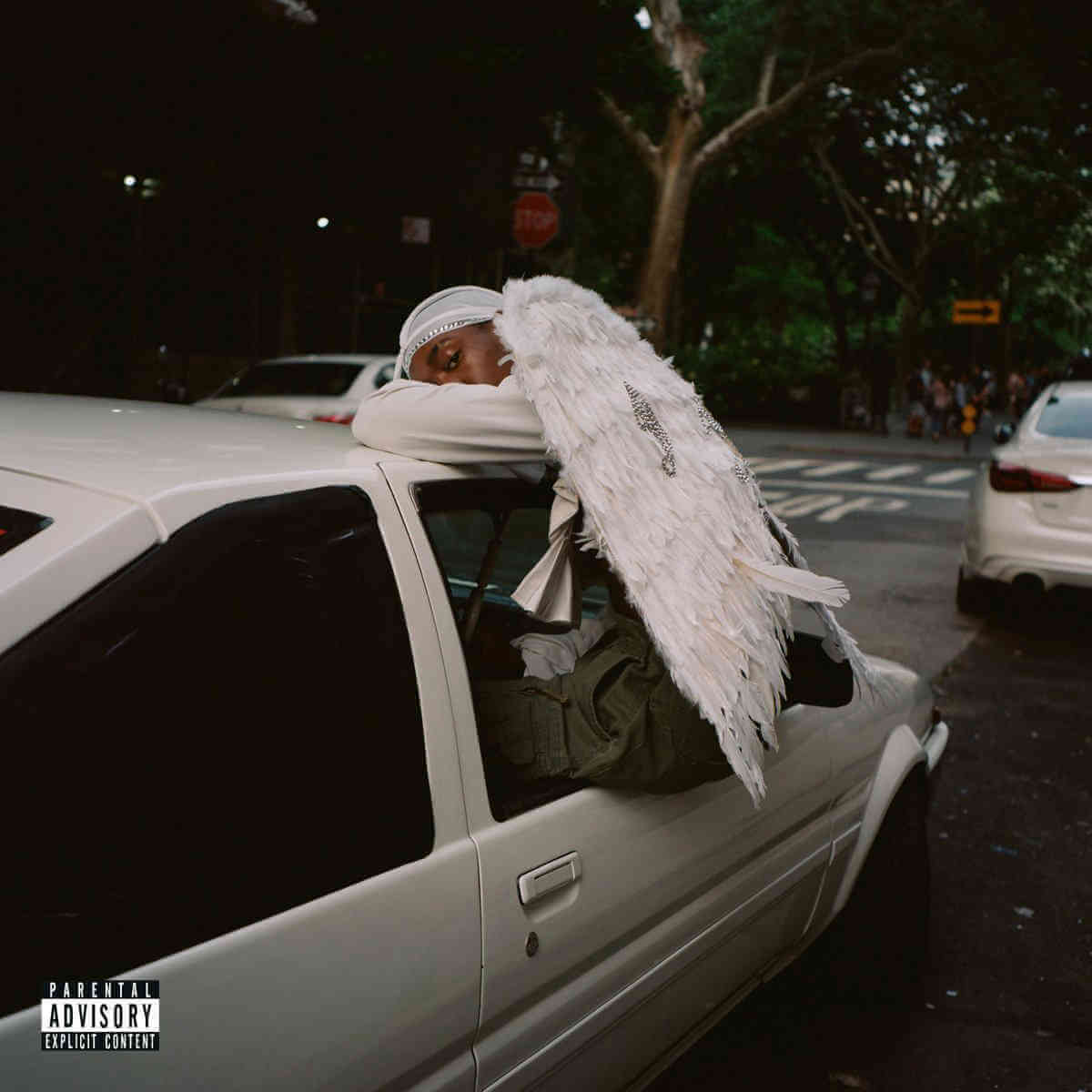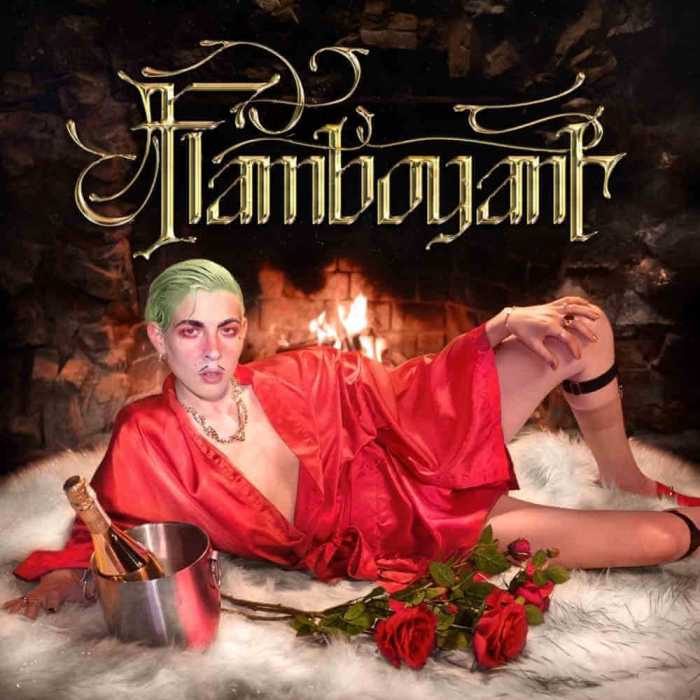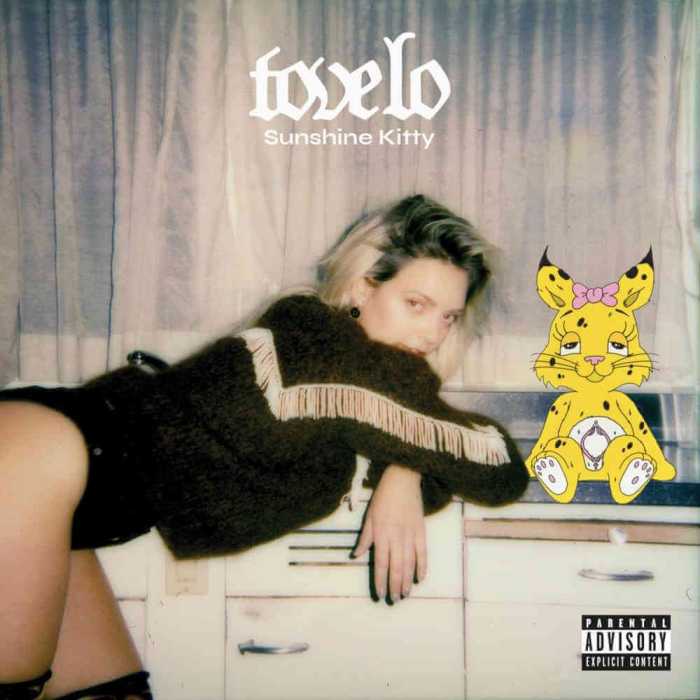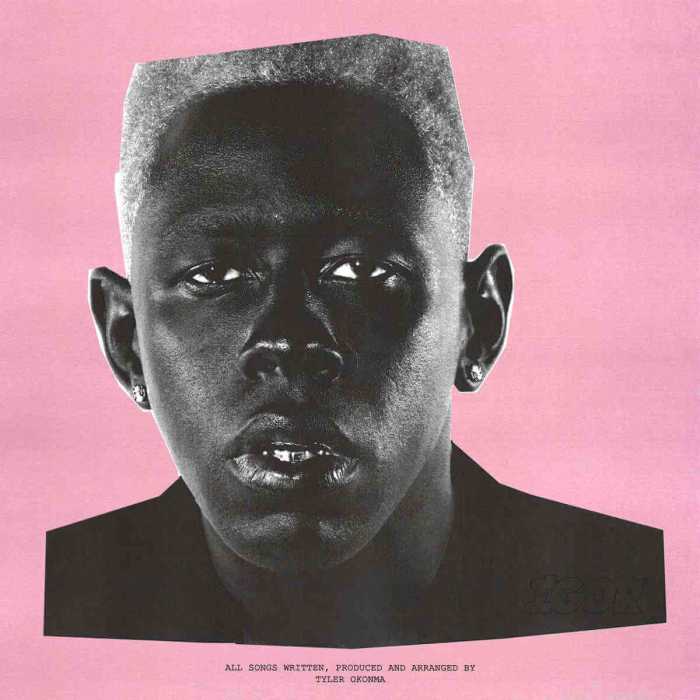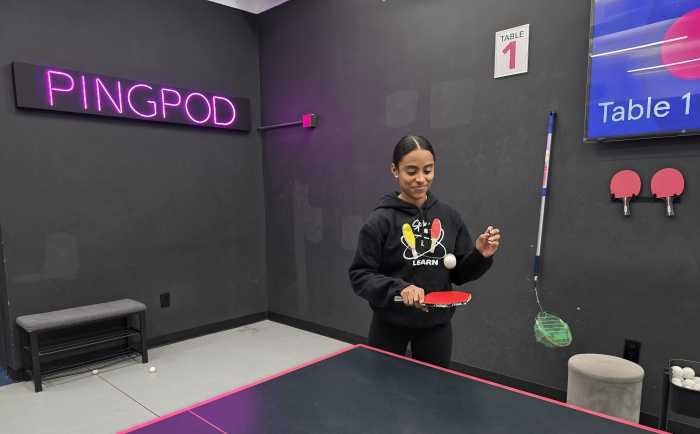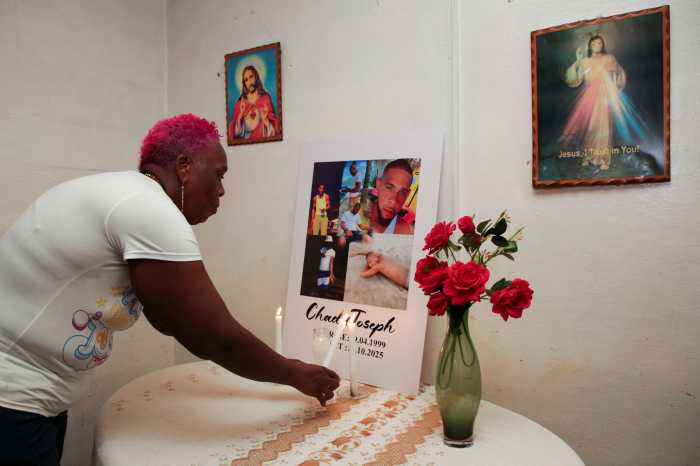Dev Hynes wears many hats. He’s worked as a musician, producer, and/ or songwriter for artists like A$AP Rocky, Carly Rae Jepsen, Solange, Florence and the Machine, FKA twigs, Kylie Minogue, and Blondie. As a solo artist, he’s used two different “band” names: Lightspeed Champion and Blood Orange. He’s a black gay Brit who has lived in New York since 2007. But his industry connections ensure that Blood Orange’s new album, “Negro Swan,” is probably one of the few indie releases to include a feature by Puff Daddy.
Hynes’ own music is less commercial than most of the songs he’s worked on for other people, yet it’s in the same alt-R&B universe as Solange’s EP “True,” which he co-wrote and co-produced.
“Negro Swan” goes for spare arrangements, with Hynes’ vocals (usually multi-tracked) over simple keyboards or guitars and a drum machine. The neo-soul movement hangs over this album, as Hynes’ falsetto vocals evoke D’Angelo. The Internet’s “Hive Mind” suggests that they’re kindred spirits, and in fact, the band’s singer/ guitarist Steve Lacy pops up here on “Out On Your League.”
The album is a collaborative effort where Hynes’ production and songwriting supports a polyphony of voices. Without the aggressive heterosexuality and misogyny, it has an oddly similar feel to Dr. Dre’s three solo albums, showcasing his production but sharing the spotlight with a large cast of other rappers. This first becomes apparent on “Hope,” where Puff Daddy speaks about his anxieties about receiving love in dialogue with female vocalist Tei-Shi. Hynes’ own vocals are unmistakable but relegated to the background.
Many performers, including lesbian actress Amandla Sternberg and the jazz group Onyx Collective, offer vocal and instrumental contributions. Transgender writer and activist Janet Mock contributes spoken word intros to many songs, which are obviously well-intentioned but sometimes come across platitudinous. Blood Orange’s songs come off better when they incorporate the same sentiments into their lyrics.
Hynes has said “Negro Swan” is an “exploration into my own and many types of black depression, an honest look at the corners of black existence, and the ongoing anxieties of queer/ people of color.”
This includes a lot of genre-stretching, with the aid of his guests: “Holy Will,” featuring singer Ian Isiah, dabbles in gospel. “Chewing Gum,” with vocals from rappers A$AP Rocky and Project Pat (whose voice is electronically pitched down to a sinister crawl), is libido-driven hip-hop. It begins with Hynes asking a lover, “Tell me, what you want from me?” against Project Pat’s mantra about his search for the truth, and ends with Rocky going into detail about his sex life, followed by a verse from Pat at half the beat’s tempo. This combination of perspectives suggests several versions of Prince’s quests for sex and love jammed into one song.
“Negro Swan” has a jazzy air — both in the choice of chords and instrumentation like flute, electric piano, and saxophone — throughout. It has points of contact with British singer/ songwriter King Krule, but Blood Orange lacks his punk sensibility and eclecticism. He carefully layers his vocals both to harmonize with himself and to work in counterpoint with his guests.
The production has a low-budget quality: the drum machine programming makes no attempt to sound like real percussion and the keyboards are often watery. Given Hynes’ background producing and writing songs for popular artists, the indie feel of “Negro Swan” is obviously intentional.
Hynes has specific ideas about the difficulties blacks have expressing themselves and showing their identities as three-dimensional people in a racist society, and he lets everyone from Mock to Puff Daddy state them rather than saying them himself, often keeping his own voice in the background. “Negro Swan” ran the risk of feeling like a lecture on the importance of self-esteem, but if it literally spells out its message of hope in one song’s title, Hynes made a good bet in opening the album up to a wide range of black voices. He’s clearly the guide here.
At the same time, “Negro Swan” says something about the value of community not through its lyrics — though “Take Your Time” says “you can’t keep placing yourself above” — but by rejecting the temptation to use the album as a vehicle to promote Hynes as a star on his own. (That’s implicit in his use of the name Blood Orange even though he plays all the instruments.) Mock’s words on this album about how black trans women are taught to make themselves small resonate beyond that specific context; “Negro Swan” draws on R&B’s past to express perspectives that have long been shoved into pop music’s closet.
If the album embodies progressive politics, its musical conservatism limits it: large portions could have been played on a 1980s “quiet storm” radio show without anyone noticing the difference if they didn’t pay attention to the words.
BLOOD ORANGE | “Negro Swan” | Domino USA | Drops Aug. 23 | dominorecordco.us

